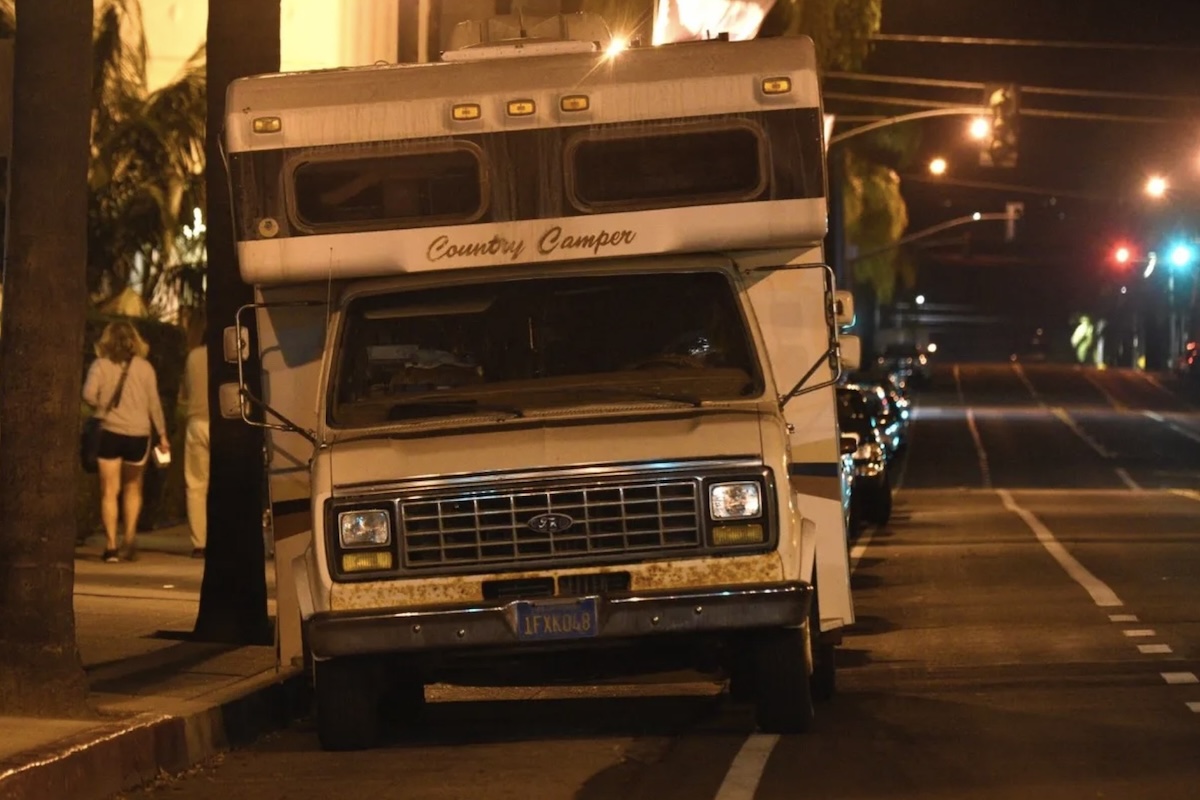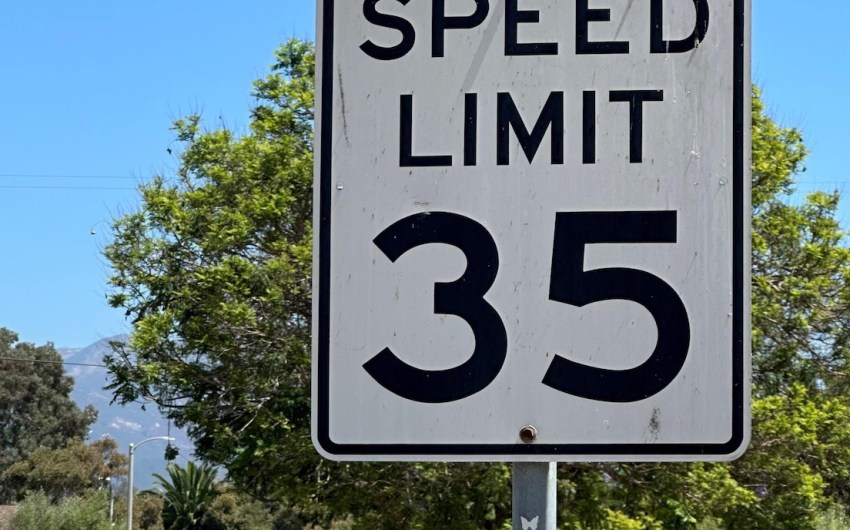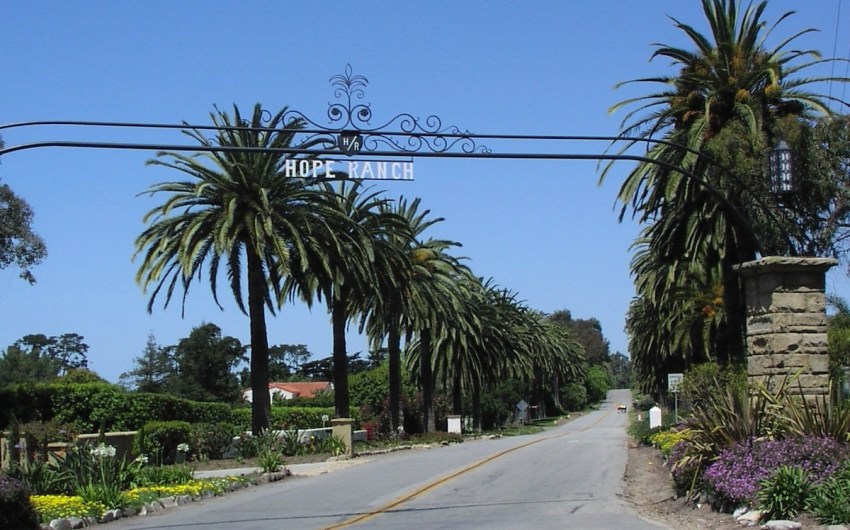Make Safe Parking Part of a State-Wide Answer to Homelessness
More People Live in Vehicles, But Have Nowhere to Park at Night

NOT REMOTELY RESOLVED: When confronted with the overwhelming and the unfathomable, I find that my focus — my ire, really — becomes fixated on the petty, the inconsequential, and the ridiculous.
This must be some sort of coping mechanism.
I say this because of something California Governor Gavin Newsom did last week. Newsom is a man about whom I harbor some violently ambivalent feelings. Despite being a reckless, imperious, and impetuous opportunist, he has, in fact, bent the needle of history in a positive direction.
But last week, he issued an executive decree ordering that all state agencies begin “resolving” any homeless “encampments” on their property, and he encouraged local governments to do the same.
There’s so much to get upset about here.
Yet my brain chooses to focus on the word “resolve.” In this context, “resolve” means to remove, to knock down, to clear out, to eliminate, to destroy, to eradicate. But for the last four years, the government word police — whoever they are — have insisted all government officials use the word “resolve” when speaking of encampments.
Resolve.
It’s euthanasia by euphemism.
I get it. Sometimes homeless camps — for the record, I also hate the term “encampment,” as it conjures images of military occupation — absolutely need to be removed. Fire is real; human feces in the creeks is real; human-on-human violence can also be real.
The word “resolve,” however, is not remotely real. It insulates us from what we are about to do. It absolves us of any bad feelings about inflicting pain on people already in obvious pain. It’s a powerful weapon. We don’t even know we’re firing it. It’s a word that allows us to look away.
And looking away is what most of us — myself included — have a tendency to do when encountering homeless people. A few years back, I entered a major homeless camp down by the DMV, where Castillo Street bumps into the 101. Lots of people there, bikes, tents, shopping carts, backpacks, sleeping bags. Stuff. And they were about to be “resolved.”
Notice had been given. The outreach workers — many formerly homeless and formerly alcoholic themselves — were just showing up in their vans. Nobody in the camp would look at me. Over the years, I’ve been high-hatted by the best. But this was something else. I was totally invisible. Worried about possible dogs, I stayed put. And waited. It was 20 minutes before someone got curious. Who was I and what was I doing, he wanted to know. The ice was broken. We talked.
That’s 20 minutes I won’t be forgetting.
Resolved?
Not hardly.
Over the past four years, Joe Biden and Gavin Newsom poured umpteen billions into homelessness programs; that money trickled into local governments working with private nonprofits. In Santa Barbara, a tremendous amount has gotten done. In the last year, 1,400 homeless people got housing. Wow, right? No.
In that same time, another 2,300 people reached out for help from various homeless service agencies. Those people, very inconveniently, are not invisible. Last year, we saw a 12 percent increase in the number of homeless people counted in the Point-in-Time Count. The big spike comes from people living in their vehicles, not on the streets. Not in shelters. Seniors. Families. First-time homeless.
As a culture, we are so remarkably incurious. Very few of us really believe Lee Harvey Oswald acted alone in assassinating John F. Kennedy, but we just shrug and move on. No one really believes we invaded Iraq over alleged weapons of mass destruction, either. But we just shrug and move on. Yet when it comes to the ubiquitous surge in homelessness, we get impatient with the homeless. Why don’t they just disappear?
Only rarely do we wonder what makes these people happen.
Well, we do know this. From 1970 until now, the percentage of aggregate income held by those qualifying as middle-class dropped from 62 percent to 42 percent. By contrast, the percentage held by those qualifying as upper-income increased from 29 percent to 50 percent. You can do the math yourself. Hint: Those are big numbers.
Here’s what I’d say to Newsom. Given that the fastest-growing unhoused demographic are people living in their vehicles, he should issue another edict ordering all state office buildings to allow programs like Safe Parking — which for 30 years has turned about 30 parking lots throughout the county into four-wheeled homeless housing after dark. By any reckoning, it’s a well-managed program. No melodrama. Porta-potties are provided. People can sleep safely.
For years, Safe Parking has been hoping to secure a few nighttime spaces at the DMV’s huge empty parking lot. No luck. The DMV is not interested. What about the ocean of parking space controlled by EDD — another state agency — right next to the farmers’ market? Nothing doing. Or the parking lot controlled by the Labor Commissioners on the 400 block of East Canon Perdido? Don’t waste your breath.
Safe Parking says it has its eyes on nine state-controlled parking lots that would make a lot of sense. If only five vehicles were allowed per lot a night — a typical number for a Safe Parking lot — that’s 45 new “housing” units. It’s not a huge number, but it’s not nothing. It’s also the cheapest, easiest-to-manage “housing” that can be provided. And it’s not static. In the last year, 120 Safe Parking residents managed to find more permanent housing, opening up those slots to other people.
Of the county’s 750 “encampments,” about 21 are vehicular encampments. That translates to about 300 actual people. Seniors. Families. That’s not nothing either. To Gavin Newsom, I suggest this: Resolve that. Open up your office building parking lots.
Premier Events
Fri, Dec 27
6:00 PM
Solvang
New Year Disco Ball Paint & Sip
Fri, Dec 27
9:00 PM
Santa Barbara
Film Screening: “Indiana Jones and The Last Crusade”
Sat, Dec 28
7:00 PM
Lompoc
Rosie Flores & Grey DeLisle + Special Guests LIVE
Sat, Dec 28
7:00 PM
Carpinteria
Family Comedy Night at The Alcazar
Sat, Dec 28
7:00 PM
Santa Barbara
The Temptations at Casa De La Raza
Sat, Dec 28
9:00 PM
Santa Barbara
Film Screening: “Indiana Jones and The Last Crusade”
Tue, Dec 31
5:00 PM
Santa Barbara
New Year’s Eve Dinner
Tue, Dec 31
6:00 PM
Santa Barbara
Gin + Jazz New Year’s Eve Celebration at El Encanto
Fri, Jan 03
6:00 PM
Santa Barbara
Flow’s 1st Friday Tea Social- Stuff Swap
Sun, Jan 05
7:00 PM
Santa Barbara
Jazz at the Lobero: Robert Glasper
Fri, Dec 27 6:00 PM
Solvang
New Year Disco Ball Paint & Sip
Fri, Dec 27 9:00 PM
Santa Barbara
Film Screening: “Indiana Jones and The Last Crusade”
Sat, Dec 28 7:00 PM
Lompoc
Rosie Flores & Grey DeLisle + Special Guests LIVE
Sat, Dec 28 7:00 PM
Carpinteria
Family Comedy Night at The Alcazar
Sat, Dec 28 7:00 PM
Santa Barbara
The Temptations at Casa De La Raza
Sat, Dec 28 9:00 PM
Santa Barbara
Film Screening: “Indiana Jones and The Last Crusade”
Tue, Dec 31 5:00 PM
Santa Barbara
New Year’s Eve Dinner
Tue, Dec 31 6:00 PM
Santa Barbara
Gin + Jazz New Year’s Eve Celebration at El Encanto
Fri, Jan 03 6:00 PM
Santa Barbara
Flow’s 1st Friday Tea Social- Stuff Swap
Sun, Jan 05 7:00 PM
Santa Barbara






















